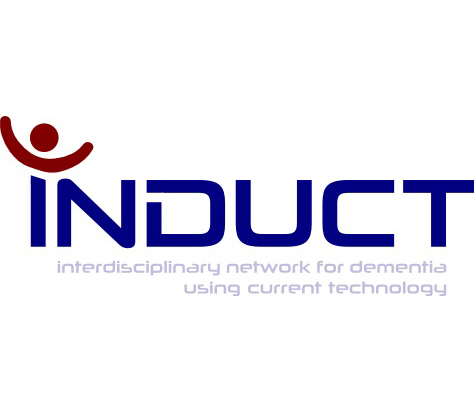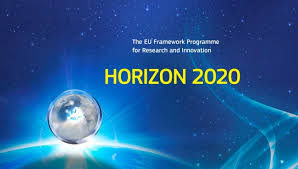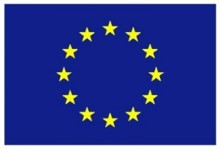Induct

Descripción del proyecto
Los objetivos de INDUCT son: determinar los factores prácticos, cognitivos y sociales para mejorar la usabilidad de la tecnología; evaluar la efectividad de tecnología contemporánea específica; rastrear facilitadores y barreras para la implementación de tecnología en el cuidado de la demencia. Mediante el uso de métodos avanzados en la investigación sanitaria aplicada (p. ej., ensayos controlados aleatorios, estudios cualitativos), INDUCT proporcionará la evidencia necesaria para demostrar cómo hacer que la tecnología para el cuidado de la demencia sea más utilizable, más efectiva y mejor implementada en la práctica, culminando en una guía de consenso internacional para mejorar política y práctica. La exclusiva asociación de colaboración académica y no académica de INDUCT se compone de 13 organizaciones de investigación líderes en el mundo en 8 países europeos, 9 socios que incluyen Alzheimer Europe, Alzheimer Disease International, la Federación Mundial de Terapeutas Ocupacionales y 3 PYME para tecnología y atención de la demencia. Muchos miembros del equipo DISTINCT son investigadores establecidos en INTERDEM, una red de investigación colaborativa europea interdisciplinaria de 180 académicos líderes que trabajan para mejorar la detección temprana y las intervenciones psicosociales oportunas y de calidad en la demencia. IDES tendrá 1 Investigadores en Etapa Inicial (ESR), ESR15. Cada uno de ESR pertenecerá a una de las organizaciones de investigación INDUCT donde se encuentran sus supervisores principales.
ESR15 Título del proyecto y paquete(s) de trabajo con los que está relacionado: WP5 Evaluación de GRADIOR, una aplicación de rehabilitación cognitiva para la demencia. Objetivos: ESR15 desarrollará un ensayo clínico que compare GRADIOR con la atención habitual en personas con demencia leve. ESR 15 también traducirá, adaptará y probará GRADIOR en los Países Bajos. El software GRADIOR desarrollado por el IDES se utiliza en más de 450 centros a nivel nacional e internacional del sector sociosanitario. Puede evaluar de forma remota problemas de neuropsicología y permitir que el profesional adapte las intervenciones a las dificultades cognitivas específicas de la persona con demencia. Dentro de un programa de rehabilitación está diseñado para entrenar la atención, la percepción, el lenguaje, el razonamiento y la memoria. Sin embargo, la eficacia de GRADIOR no ha sido evaluada en profundidad. Resultados esperados: Los resultados proporcionarán una evaluación de GRADIOR como una aplicación adecuada para la evaluación y rehabilitación remota de problemas cognitivos. También (en colaboración con ESR9 y ESR10) proporcionará una traducción y una segunda evaluación de GRADIOR proporcionando evidencia sobre cuán adaptable y transferible es a otros idiomas y entornos. Adscripción(es) prevista(s): Dos adscripciones de 3 meses cada una. En primer lugar, a UoN en el primer año para aprender sobre la metodología compleja de intervención y ensayo. En segundo lugar, a MU-NL para adaptar GRADIOR a la población holandesa y desarrollar una mejor comprensión de los problemas interculturales.
Financia


